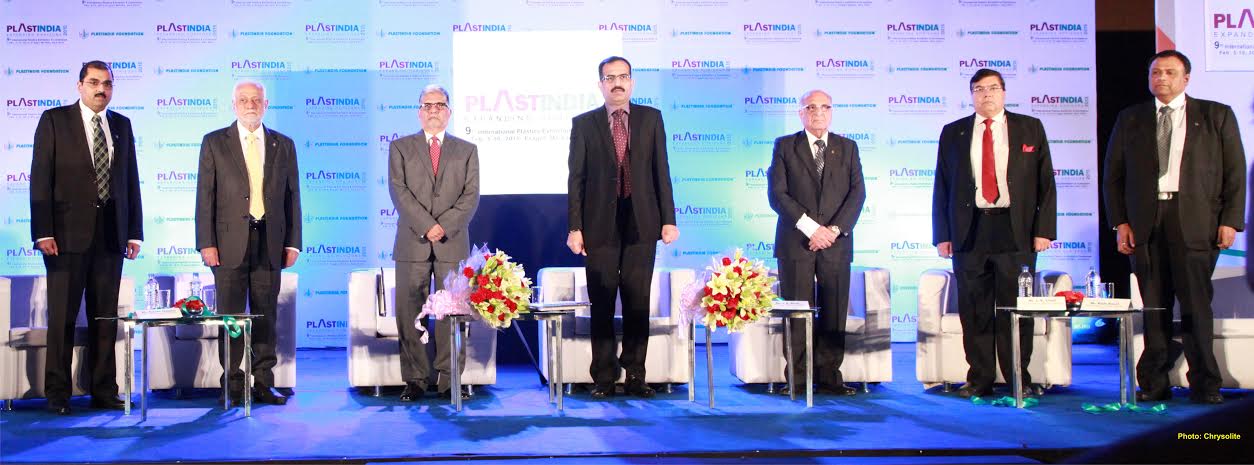Central and state governments’ rules to combat single-use plastic’s environmental abuse, the toil of NGOs and effort of individuals is being challenged by a virus that makes disposable attractive, reusable unsafe
he Creado family made an earnest attempt to go green when the Maharashtra government announced a ban on plastics in 2018. Having witnessed mounds of non-biodegradable waste wash ashore near their sea-facing home, Reagan Creado, an organic farmer and green warrior, convinced his parents, Sandra and Colin, to adopt a plastic-free lifestyle. And in that, they met with considerable success. The polythene shopping bags were replaced with sturdier cloth bags and steel dabbas, used specifically for fish and meat items picked up at the cold storage. All plastic bottles at home were ditched for recycled, glassware. The plastic garden pots made way for those made from ceramic and clay. Reagan even dug pits in their garden to compost vegetable leftovers. These tiny changes, he remembers, made the family more “environmentally-focused”. The pandemic, sadly, upended everything.
For a better part of the lockdown, Reagan didn’t step out of home, as he lives with elderly parents. “We started ordering in more frequently from our local kirana- and sabziwallas.” This meant that they now had absolutely no control over the packaging these items were coming in. “Just a few days ago, there was a farmer’s market organised in the neighbourhood, and since I wasn’t at home, mum placed the order over phone. The vegetables were delivered in 12 separate bags, all plastic. It felt like an absolute waste, but do we have a choice?” From almost zero-waste living, the Creados are now struggling to keep a check on their daily plastic consumption. “I am afraid it’s not going to change anytime soon,” feels Reagan.
While strict implementation of lockdowns across the globe led to a dramatic drop in greenhouse gas emissions, a report by the United Nations Conference on Trade and Development (UNCTAD) revealed that this development was not all that positive. Apart from a surge in pollution from plastic face masks and hand sanitiser bottles, plastic waste generated by individuals also increased globally, as use of disposable products became the norm. “Historical data tells us that about 75 per cent of Coronavirus plastic will likely become waste clogging our landfills and floating in our seas. And the costs are staggering,” the UNCTAD report warned.

One of the biggest problems of the pandemic globally, has been tackling the problem of waste—bio-medical and plastics, in particular. In India, this is more ambient, as the country’s relationship with waste has always been a complicated one.
Assa Doron and Robin Jeffrey, authors of Waste of a Nation: Garbage and Growth in India (Harvard University Press, 2018), which was awarded the biennial President’s Prize of the South Asian Studies Association of Australia this week, tell mid-day that though policies of recent years—Swachh Bharat Abhiyan, for instance—have raised awareness, “public sanitation depends on daily attention to detail by citizens, by well-resourced local governments and their workers and by the managers of facilities that receive waste”. Those processes are, unfortunately, hard to establish and maintain. “As India becomes more urbanised, public sanitation becomes more urgent. Methods and maintenance are a constant challenge, and except for citizen involvement, which is essential, no single method or system suits every part of a country as diverse as India,” they say in an email interview.
A case in point being bio-medical waste (BMW), which includes all waste generated during the diagnosis, treatment and immunisation of human beings, and animals or in research activities. Four years ago, the Central Government, Ministry of Environment, Forest and Climate Change (MoEF&CC) introduced the Bio-Medical Waste Management Rules, 2016 (BMWM Rules 2016). This came into force in supersession of the Bio-Medical Waste (Management and Handling) Rules, 1998. But, the year 2020, has challenged every law in the rule book with regards to BMW management.
Resources: https://www.mid-day.com/articles/virus-kills-plastic-war-the-other-side-effect-of-covid-19/23114290








